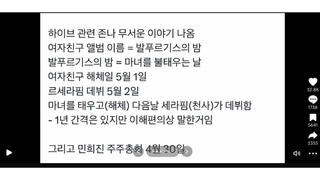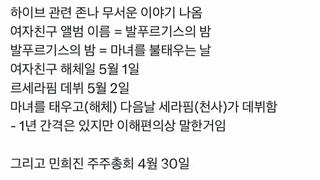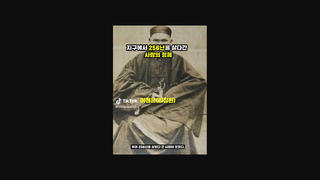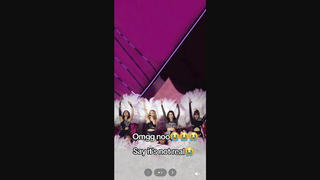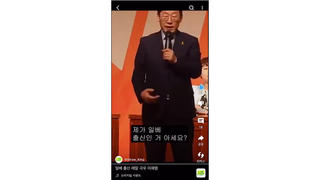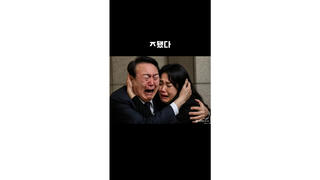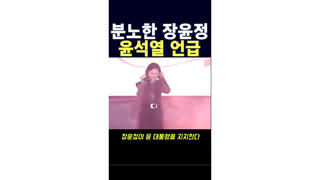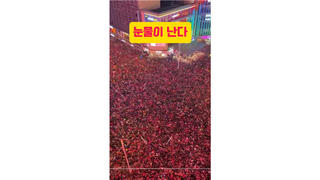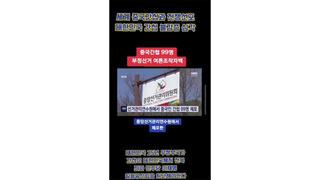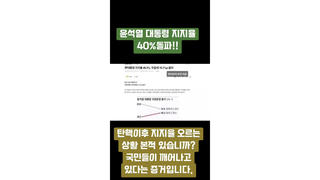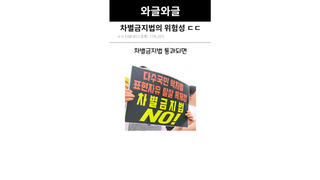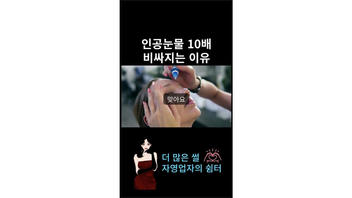
Will the price of prescription artificial tears or eye drops used to alleviate irritation and to treat dry eye syndrome increase tenfold in the coming year? No, that's not true: South Korea's Health Insurance Review and Assessment Service (HIRA) announced the price for the medical product will likely increase by two to threefold, not 10, in the event the agency decides to remove it from the list of drugs that are subsidized by the national health care system.
The claim appeared in a video by @ssulchoissajang on TikTok on October 17, 2023. It has a text overlay (translated from Korean into English by Lead Stories staff) that reads:
Artificial tears will not be covered by the National Healthcare agency unless you have dry eye syndrome, so you will have to buy it at ten times the price.
This is what the post looked like on TikTok at the time of writing:
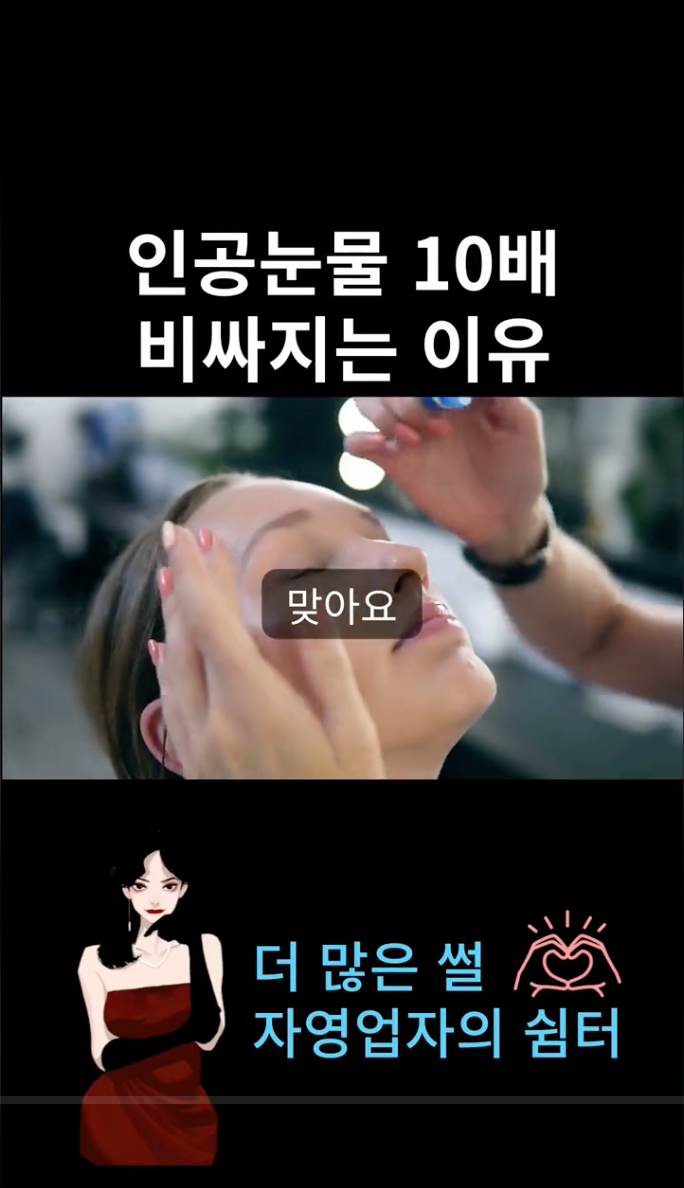
(Source: TikTok screenshot taken on Fri Oct 20 02:52:46 2023 UTC)
As of September 6, 2023, HIRA released the eligibility review of insurance-covered medicine and determined that eye drops, known in Korea as artificial tears, prescribed for externally caused dry eye syndrome may not be eligible to be covered and subsidized by the national health care plan. The agency made no mention of the price or the possibility of price increases for the product in the event it was removed from the national medicine registry.
Several news reports speculated the price could increase by a maximum 10-fold. As these reports spread, HIRA issued another press release to say the agency had not finalized its decision and was still reviewing the matter, adding that even if the artificial tears were eliminated from the list of national health care-subsidized drugs, it would more likely become two to three times more expensive, not 10 times.


